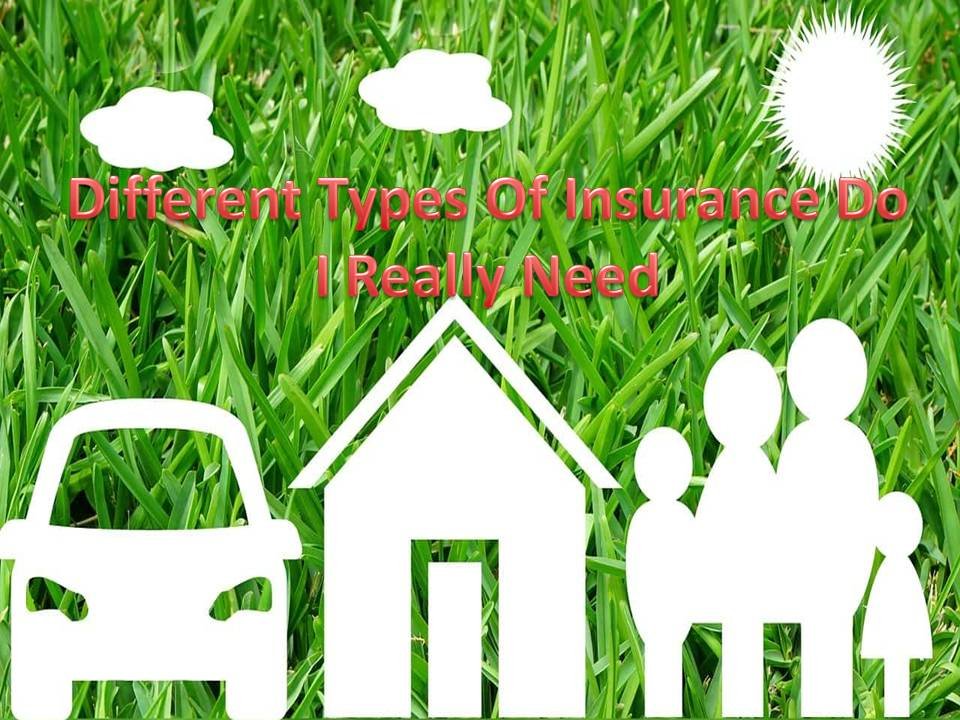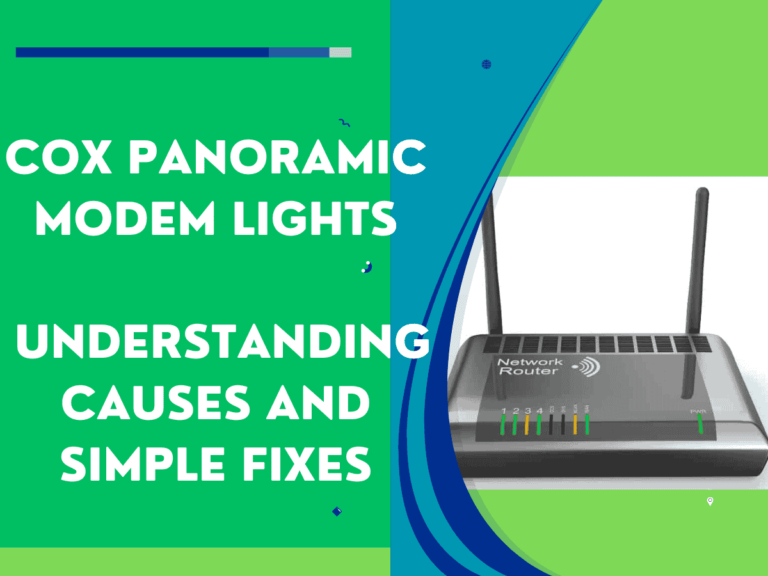How many types of insurance do you need? Understanding the importance of insurance. Risk is a force we’re continuously battling within our daily lives, and, naturally, we’re always on the lookout for ways to narrow it down. Insurance emerges as the most well-structured tool that promises this security, making it a crucial aspect of managing risks effectively. Then comes the inevitable question: “How many types of insurance do I need?”
Different Types Of Insurance
An array of insurance categories exist today, each promising a particular kind of security, from health and life insurance to auto, homeowners, disability insurance, long-term care insurance, and more. Selecting the types of insurance you need requires a deep understanding of their features and their relevance to your lifestyle.
Health Insurance- A Non-negotiable Necessity
Possibly the most critical of all, health insurance is an absolute must-have. It safeguards you from hefty medical bills that might otherwise burn a gaping hole in your pocket. It’s an investment in a healthy and stress-free life, which eventually contributes to longer-term happiness and peace.
According to the American Public Health Association, medical bills frequently cause financial hardship in America. A three-day hospital stay may set you back almost $30,000, even if you’re young and in good condition, according to Healthcare.gov. Your money could be severely harmed if you lack insurance.
Typically, your company offers health insurance plans. You can browse health insurance plans on the federal health insurance marketplace if your employer does not provide health insurance or if you do not have a job. Subsidies for federal marketplace health insurance plans are available if you meet certain eligibility and income conditions.
Alternatively, you can purchase health insurance by getting in touch with providers directly or via a broker or agency. Check into the price of a high-deductible health plan if the monthly charges seem excessive. This kind of coverage can save you monthly health insurance costs, but it will require you to pay a higher deductible before coverage begins.
Furthermore, you can combine a health savings account with a high-deductible insurance plan to save tax-free money for future medical expenses. The only times you can typically enroll in health insurance are during open enrollment periods that the health insurance companies set.
There may be some situations where you can be exempt from the open enrollment period if you have experienced a significant life event, like getting married or having a child.
Life Insurance- Securing Your Loved Ones
Imagine a scenario: you’re the primary earner for your family, and you pass away unexpectedly, leaving your loved ones in a financial puddle. It’s tough but crucial to consider, and that’s where life insurance comes in. It provides financial stability for your family when you are no longer around.
It’s critical to acquire the finest life insurance for your circumstances if you are the primary provider for anyone. According to industry-funded research firm LIMRA, 44% of U.S. households would experience financial hardship within six months of the death of the major wage earner, and 28% would experience it in just one month. One option for replacing your income in the event of an untimely death is life insurance.
Term life insurance and permanent life insurance are the two primary categories into which life insurance policies often fall.
1. Term life insurance
You can fix rates for a specific period, such as 10, 15, 20, or 30 years, with term life insurance. And also pay level premiums over this period. You can usually renew the policy annually after the term period expires, but the cost will increase each time. Term life insurance might be a viable option for you if you want to pay for a specific financial commitment, such as college expenses or debt. The least expensive kind of life insurance is often term life insurance.
2. Permanent life insurance
Lifelong protection is possible with permanent life insurance. Permanent life insurance provides a cash value component in addition to the death payout. You can access the money by taking out a loan or withdrawing cash if the cash value increases. You can claim the policy’s cash value if you choose to cancel it.
If you want to provide a death benefit for someone who will be financially dependent on you for an extended period, or if you want to develop cash value to supplement retirement funds, think about getting permanent life insurance. Term life insurance is less costly than permanent life insurance. Whole life, universal life, variable life, and burial life insurance are among the varieties of permanent life insurance.
Auto Insurance- Protecting Your Lifestyle
If you find yourself behind the wheel frequently, auto insurance becomes another essential investment. The world might be shifting towards self-driving, but until then, prepare for the unexpected turns that life might throw at you. Auto insurance policies offer monetary assistance if an accident occurs involving your vehicle. There are various kinds of motor insurance coverage offered in India, such as:
1. Auto Insurance
This plan covers privately owned four-wheelers. Third-party insurance and extended coverage policies are the two types of motor insurance policies.
2. Motorcycle Insurance
These types of auto insurance cover privately owned two-wheelers in the event of an accident.
3. Commercial Vehicle Insurance
This type of auto insurance protects any vehicle used for commercial purposes.

Homeowners Insurance- Shielding Your Safe Space
We often define the value of our homes by their mere financial attributes, leaving out their sentimental worth. Home insurance offers financial protection against various damages but also preserves the sense of safety and security that a ‘home’ embodies.
Homeowner’s insurance offers complete protection for the structure and contents of your property against physical destruction or damage, as the name implies. Stated differently, home insurance shields you from both natural and man-made calamities like tornadoes, earthquakes, fires, burglaries, and robberies. Examples of many kinds of home insurance coverage include the following:
1. Household Construction Insurance
It helps to prevent the foundation of the house from being destroyed in the case of a calamity.
2. Public Liability Coverage
Guards the insured residential property against any damage inflicted on the property when a guest or other third party is present.
3. The Standard Fire and Special Perils Policy
Protection from fires, antisocial human-caused acts, and natural calamities (such as earthquakes, landslides, hurricanes, and floods).
Disability Insurance and Long-Term Care Insurance- Safeguarding Your Future
Your ability to earn a livelihood is perhaps your greatest asset. Disability insurance is a prudent decision that secures a portion of your income if you become unable to work due to an illness or injury. Similarly, long-term care insurance covers services that regular health insurance might not, particularly in your old age, yet another layer of financial security.
You may believe disability insurance is only necessary if your line of work involves risky tasks. However, not all disabilities are related to one’s job. The Council for Disabilities Awareness lists back pain, diabetes, cancer, and arthritis as some of the leading causes of disability. For this reason, it makes sense to incorporate disability insurance into your overall financial strategy.
Disability insurance augments your income in the event of an illness or disability that prevents you from working. It normally has a waiting time before coverage begins and a monthly payment cap. Generally, it replaces 40% to 70% of your base salary.
Leveraging the Right Insurance Policies
So, you capture the essence of ‘how many types of insurance do I need?’ It’s primarily about understanding what matters to you most and safeguarding it.
FAQs
1. Is it necessary to have all types of insurance?
Not necessarily; an individual’s insurance needs can vary greatly. It depends significantly on your lifestyle, financial situation, age, health condition, and family structure.
2. What is the most important insurance to have?
Health insurance is generally considered the most important due to high healthcare costs. However, the significance of other types of insurance should not be undermined.
3. Can one policy cover all insurance needs?
No single policy can cover all insurance needs. Each type of insurance provides unique coverage, making it necessary to have separate policies for distinct needs.
Insurance, in a nutshell, is all about providing a financial safety net. It doesn’t negate the possibility of unfortunate events, but it does recompense an amount that can bring stability during such times. Therefore, knowing ‘How many types of insurance do I need’ is crucial to a financially secure future.






